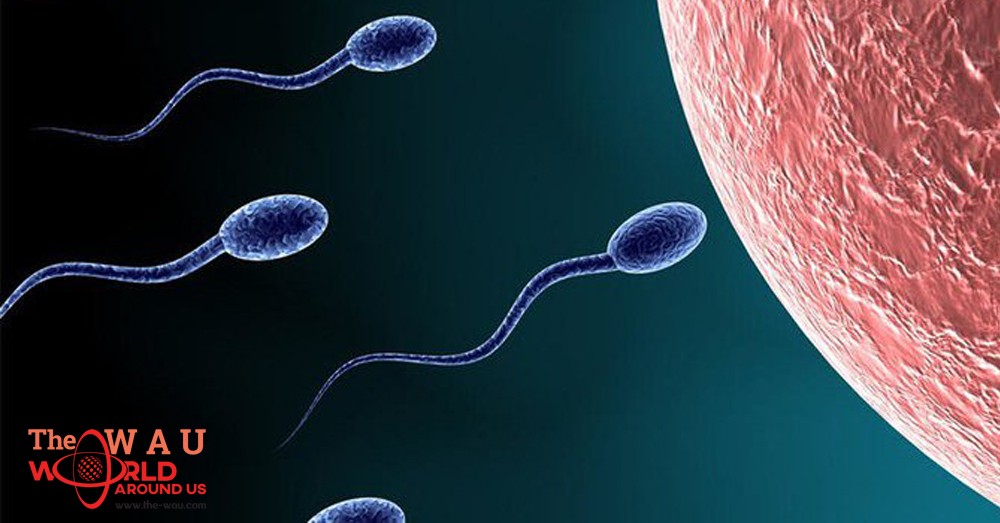Men whose mothers suffered stressful events such as divorce or job loss in early pregnancy are more likely to have fewer and less active sperm, researchers said Thursday.
Among Australian 20-year-olds born of women who experienced at least three such events during the first 18 weeks of foetal growth, sperm count was a third lower and mobility down by 12 percent compared to other men their age, they reported in the journal Human Reproduction.
Testosterone levels were also lower, by about ten percent.
“Maternal exposure to stressful life events during early pregnancy, a vulnerable period for the development organs, may have important life-long adverse effects on men’s fertility,” concluded senior author Roger Hart, a professor of reproductive medicine at the University of Western Australia.
The link between stress and sperm count disappeared when the challenging events — the death of a close relative or friend, marital problems, severe money woes — occurred only during the final trimester of pregnancy.
Mice experiments have suggested that early gestation — between eight to 14 weeks in humans — is a critical period for male reproductive development.
The new findings, the authors note, establish a clear link between stress and sperm health, but not necessarily a cause-and-effect relationship.
Other factors that can accompany stress such as drug use and smoking may turn out to play equally or more important roles.
But the rodent experiments bolster the theory that stress leads to reduced testosterone production in foetal testes, said Richard Sharpe, an honorary professor at the Center for Reproductive Health at the University of Edinburgh not involved in the study.
“That would support the view that too much stress in early pregnancy might be detrimental to optimal male reproductive development,” he wrote in a comment.
Even the lowest sperm count reported among the men whose mothers had experience repeated stress would not on its own result in infertility, though it might be a contributing factor, the researchers said.
Other factors that impact male fertility included obesity, drinking alcohol, smoking tobacco, high blood pressure, high blood sugar, and possibly exposure to chemicals.
To tease out the impact of maternal stress, Hart’s team combed through data from an ongoing, multi-generational study in Western Australia that recruited some 3,000 women in their 18th week of pregnancy between 1989 and 1991.
The mothers completed questionnaires at Week 18 and Week 34, answering questions about stressful life events during the previous months.
A total of 1,454 boys born from this cohort were monitored by researchers over the next two decades as they grew up. When then turned 20, 643 had testicular ultrasound exams, and provided both semen and blood samples for analysis.
There is a growing evidence that sperms counts among men of European ancestry have, in general, declined over the last 40 years.
A review study in 2017 covering 43,000 men found that sperm concentration had gone done by nearly 50 percent over that period, while still remaining within the “normal” range established by the World Health Organization.
At the same time, there was no significant decline in South America, Asia, and Africa.
Share This Post















